
Currents
The human, nature connection and the impact of consumer choice
The human-nature connection recognizes that we are an integral part of the natural world, and that our actions directly affect the environment. The organic movement highlights the importance of nurturing this relationship by encouraging us to make choices that reduce our environmental impact and foster harmony with nature. This includes opting for organic products, which are cultivated and processed more naturally, in ways that promote biodiversity, global social equity, and the overall health of the planet. By embracing organic practices, we can contribute to a more sustainable and balanced coexistence between humans and the environment.
Content
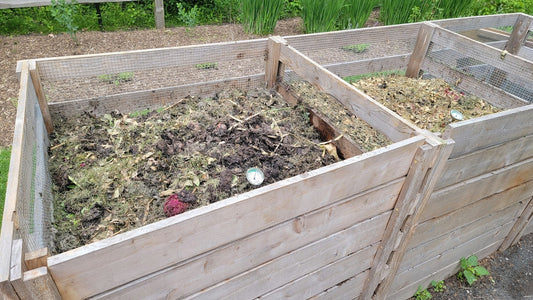
Composting: Closing the Loop on Organic Waste
Composting turns food scraps and yard waste into nutrient-rich soil, reducing landfill waste and supporting sustainable farming. By composting at home or through community programs, individuals can contribute to healthier...
Composting: Closing the Loop on Organic Waste
Composting turns food scraps and yard waste into nutrient-rich soil, reducing landfill waste and supporting sustainable farming. By composting at home or through community programs, individuals can contribute to healthier...

Reducing Environmental Impact through Innovation
Discover the potentially transformative role of AI in the textile industry. From supply chains to design, explore how innovation reduces environmental impact, perhaps shaping a greener future.
Reducing Environmental Impact through Innovation
Discover the potentially transformative role of AI in the textile industry. From supply chains to design, explore how innovation reduces environmental impact, perhaps shaping a greener future.
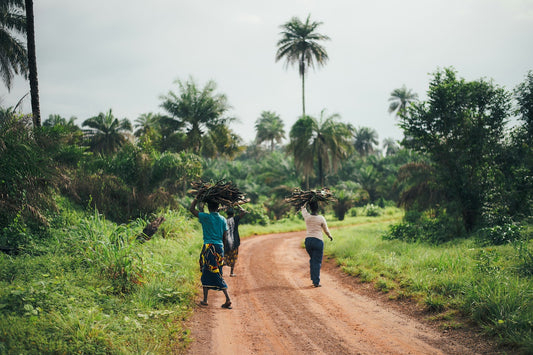
GOTS Certification: A Holistic Approach to Sust...
Discover how the Global Organic Textile Standard (GOTS) goes beyond organic, aligning with and contributing to each of the United Nations' Sustainable Development Goals (SDGs) for holistic global sustainability.
GOTS Certification: A Holistic Approach to Sust...
Discover how the Global Organic Textile Standard (GOTS) goes beyond organic, aligning with and contributing to each of the United Nations' Sustainable Development Goals (SDGs) for holistic global sustainability.
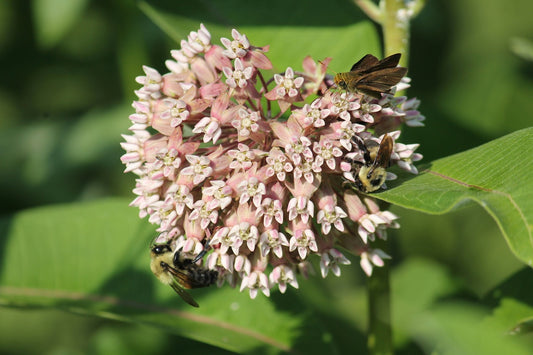
The Role of Pollinators in Organic Farming: Sup...
Pollinators like bees and butterflies are crucial for growing the food we eat. Organic farming practices protect these vital species by avoiding harmful pesticides and promoting biodiversity. Supporting organic farms...
The Role of Pollinators in Organic Farming: Sup...
Pollinators like bees and butterflies are crucial for growing the food we eat. Organic farming practices protect these vital species by avoiding harmful pesticides and promoting biodiversity. Supporting organic farms...

Healthy Indoor Environments
In today's world, where indoor air quality and sustainability are paramount, the choice of interior products can significantly impact the environments we live and work in.
Healthy Indoor Environments
In today's world, where indoor air quality and sustainability are paramount, the choice of interior products can significantly impact the environments we live and work in.
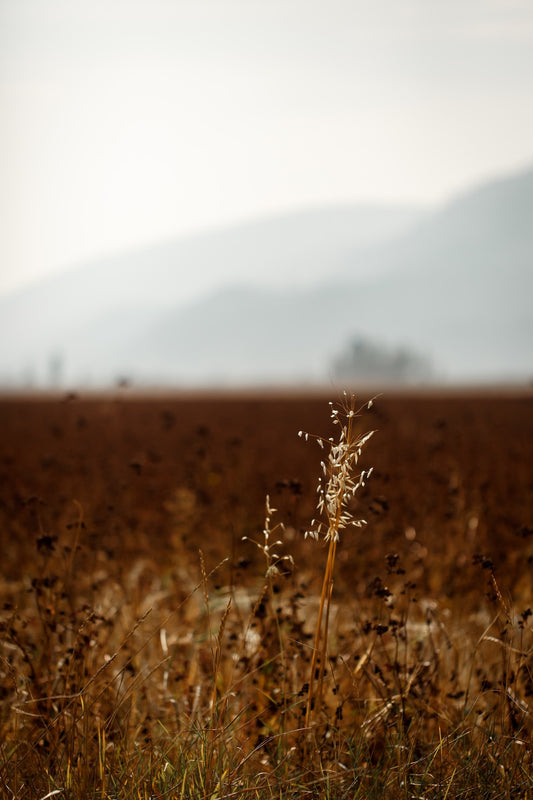
Benefits of Cover Crops in Organic Farming
Cover crops play a critical role in the success of organic farming by improving soil health, reducing pest and disease pressure, and increasing crop yields.
Benefits of Cover Crops in Organic Farming
Cover crops play a critical role in the success of organic farming by improving soil health, reducing pest and disease pressure, and increasing crop yields.
Organic Standards: Promoting Sustainability, Positive Ecological Impact and Social Responsibility
The Global Organic Textile Standard (GOTS) and certified organic latex standards promote ecology and social responsibility in the textile and latex industries through strict environmental and labor standards. Choosing products that meet these standards supports a more sustainable and responsible future.
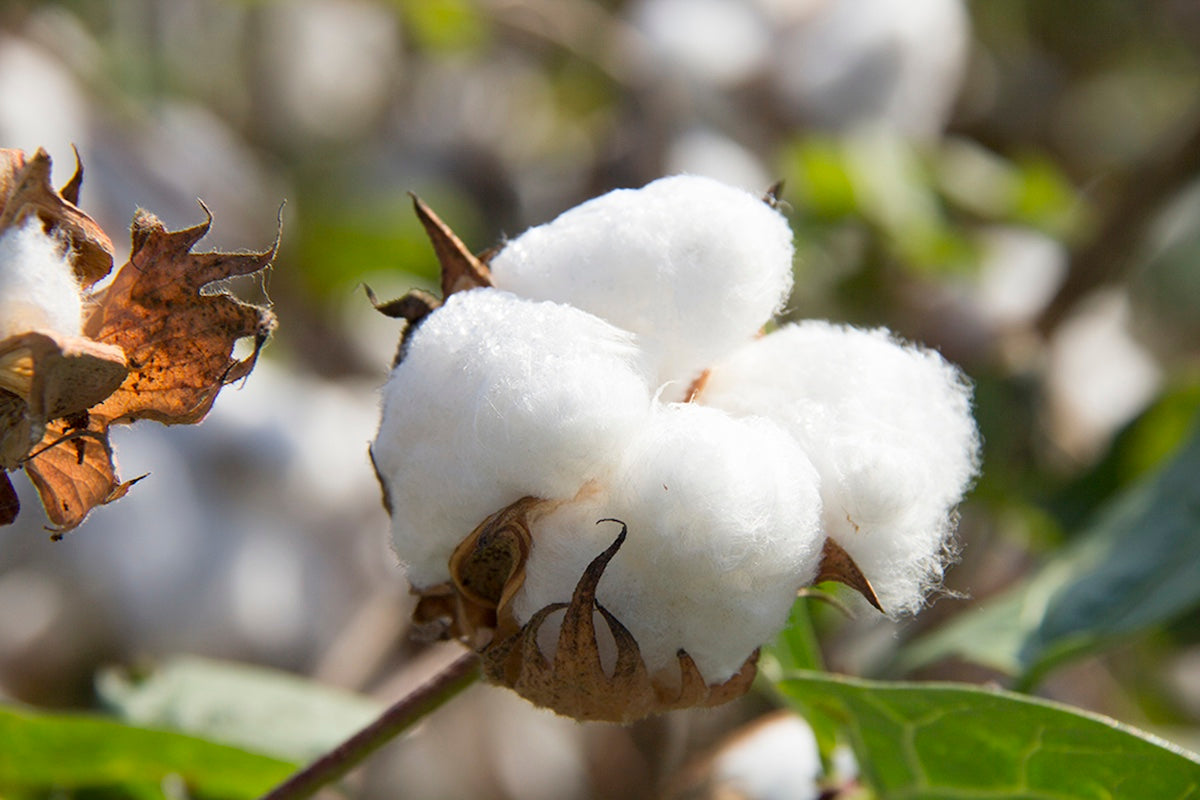
Global Organic Textile Standard
The Global Organic Textile Standard (GOTS) promotes ecology and social responsibility in the production of organic fibers and textiles by setting environmental and labor standards that must be met along the entire supply chain. This includes stringent requirements to restrict certain chemicals, preservation of biodiversity, and fair treatment of workers. The GOTS certification ensures that consumers can purchase organic textiles with confidence that they have been produced in a sustainable and responsible manner.
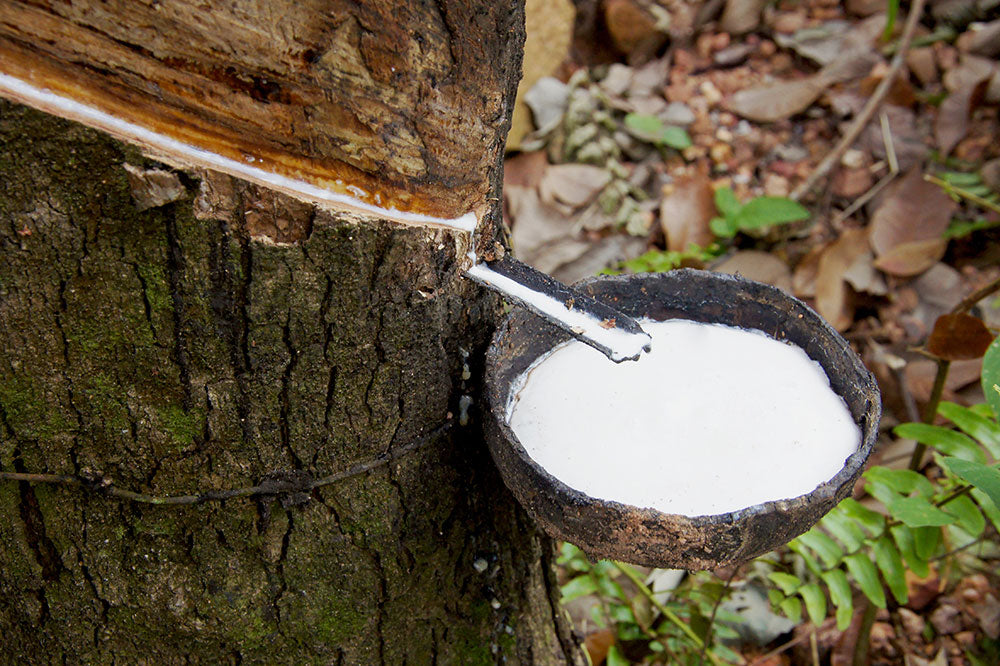
Certified Organic Latex Standards
Certified organic latex standards promote ecology and social responsibility in the production of organic latex by setting strict guidelines for the organic certification of latex products. These guidelines include requirements for sustainable and responsible farming practices, fair labor conditions, and reduced environmental impact.

